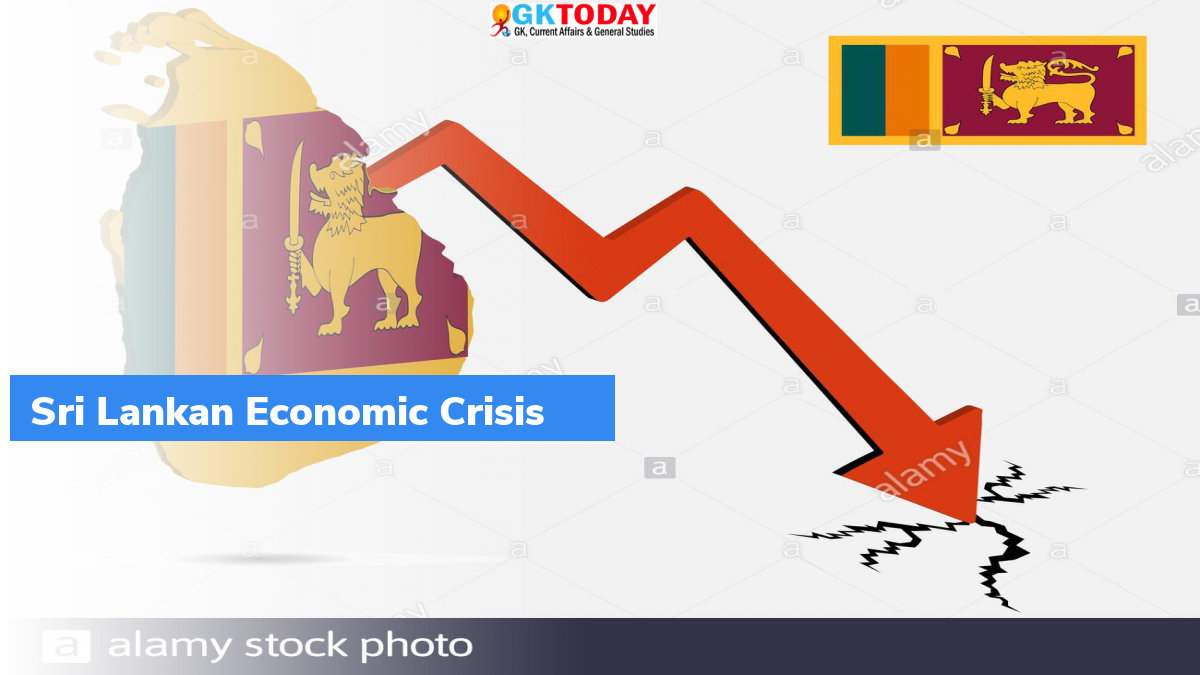Sri Lanka Economic Crisis – 2021-22
As per World Bank’s Sri Lanka Development Update (SLDU), Sri Lanka is facing an acute economic crisis because of job & earning losses, high food inflation and dwindling finances in the country.
World Bank’s Sri Lanka Development Update
- Inflation has been increased, as government is printing money to pay off domestic loans and foreign bonds.
- Share of people living under the poverty line is expected to increase by 11.7 per cent or by more than half a million people, since the onset of Covid-19 pandemic.
- The impact is disproportionately large among people working in more urbanised areas like Western province. This is due to large impact on industry.
- Places with high numbers of poor before covid, like Northern, Eastern, Uva and Sabaragamuwa provinces, has also been impacted.
- Highly rural districts including Kandy and Ratnapura, also account for a large share of new poor post the COVID.
- Vulnerability among the workforce was high because of high informality and weak safety nets. It reduced their capability to fight with economic shocks.
Which sectors have been impacted more?
As per World Bank, Covid has not impacted all the economic sectors equally. According to sectoral GDP data, industries have been affected more as compared to services and agriculture. There are large variations across subsectors. Weak external demand has impacted export-oriented subsectors. Within industrial subsectors, construction & textile manufacturing suffered the most because these sectors are sensitive to demand shocks and need workers to be physically present.
Sri Lanka’s sovereign ratings
Credit rating agencies including Moody’s, S&P and Fitch downgraded their Sri Lanka sovereign ratings. Moody’s downgraded its rating by two notches to Caa1. S&P downgraded its rating down to B- in September 2021 and CCC+ in December 2021. Fitch downgraded the rating to B- in April 2021 and CCC in November 2021.
Way forward
World Bank has suggested the Sri Lankan government to focus on “four priorities” in order to transform its economy, create jobs and achieve sustainable trajectory for poverty reduction:
- Increase agricultural productivity & earnings by extending support to farmers’ transition towards export-oriented crop mixes.
- Address the constraints for accessing remunerative non-farm jobs in rural areas
- Support broader reforms for increasing labour productivity and create jobs.
- Promote spatial transformation and strengthen inclusion.
Month: Current Affairs - January, 2022
Category: International / World Current Affairs


